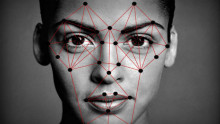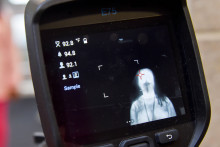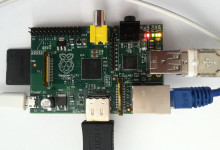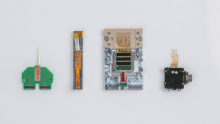Hackers Used to Be Humans. Soon, AIs Will Hack Humanity
If you don't have enough to worry about already, consider a world where AIs are hackers.
Hacking is as old as humanity. We are creative problem solvers. We exploit loopholes, manipulate systems, and strive for more influence, power, and wealth. To date, hacking has exclusively been a human activity. Not for long.













































































